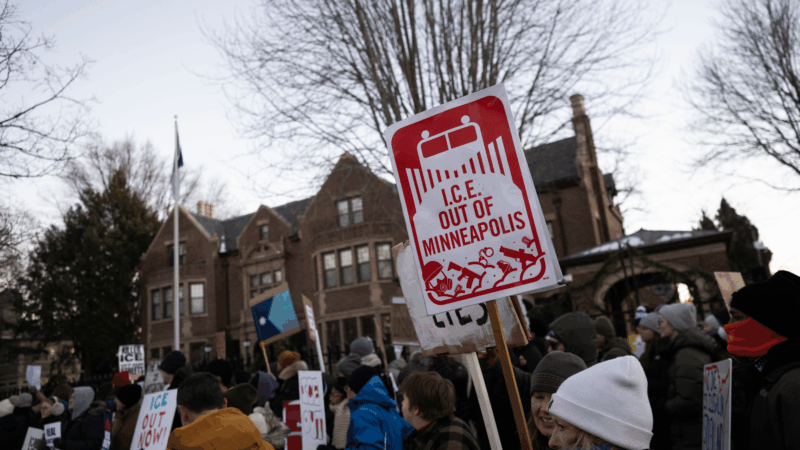September 3 Morning News
September 3, 2012, Morning News
A group of Bessemer residents wants their courthouse to stay open. The Birmingham News reports that the group called “Saving Bessemer” plans to meet tomorrow morning on the steps of the local justice center to let their views be known. Jefferson County officials are considering the possibility of moving the courthouse to an empty mall. But the group wants the courthouse to remain in downtown Bessemer.
U.S. Steel and the United Steelworkers have reportedly reached a tentative agreement on a three-year contract covering more than 16,000 workers at domestic facilities, including one in Fairfield, Alabama. U.S. Steel says the talks covered health care for retirees and other issues. The union says members will vote after reviewing details over the next few weeks. The two sides had been negotiating since June on a contract to replace the existing pact, which expired Saturday.
It’s been 81 years since nine black teenagers were convicted of raping two white women, one of whom later recanted her story. But only one of the nine Scottsboro Boys (pictured above) was pardoned of his rape convictions before the men died. Now a push is on by the Scottsboro Boys Museum and others to make sure that happens for the other eight. Governor Robert Bentley says he would like to see a pardon, but state law doesn’t allow him to issue them. The state parole board says its rules don’t allow posthumous pardons. Two legislators are working on resolutions saying the state considers the names of the Scottsboro Boys cleared.
Visitors to some Civil War anniversary events are hearing another long-silenced sound amid the cannon fire. It’s music from 19th-century minstrel shows, performed not in blackface but in uniform. Some re-enactors have formed camp bands to play music that soldiers enjoyed hearing around battlefield campfires. Groups such as the 2nd South Carolina String Band pride themselves on their accurate impressions — right down to the exaggerated black dialect of songs with inescapably racist overtones. The musicians say they don’t mean to offend. Critics say they should help listeners understand how the demeaning songs also helped popularize the banjo, an instrument with African roots.
Jordan Stolz opens his bid for 4 golds by winning the 1,000 meters in speedskating
Stolz received his gold for winning the men's 1,000 meters at the Milan Cortina Games in an Olympic-record time thanks to a blistering closing stretch. Now Stolz will hope to add to his collection of trophies.
How the FBI might have gotten inaccessible camera footage from Nancy Guthrie’s house
Last week, law enforcement said video footage from Nancy Guthrie's doorbell camera was overwritten. But the FBI has since released footage as Guthrie still has not been found.
How to hone your ‘friendship intuition’
Friendship expert Kat Vellos shares tips on how to make a new friendship stick, including what to do together, how often to hang out — and what to do if the vibes just aren't there.
US Colleges received more than $5 billion in foreign gifts, contracts in 2025
New data from the U.S. Education Department show the extent of international gifts and contracts to colleges and universities.
Free speech lawsuits mount after Charlie Kirk assassination
Months after the killing of Charlie Kirk, a growing number of lawsuits by people claim they were illegally punished, fired and even arrested for making negative comments about Kirk.
Swing voters in Arizona say they want to see ICE reformed
Concerns about the tactics of federal immigration agents remain front of mind for some key voters who supported President Trump in 2024.







